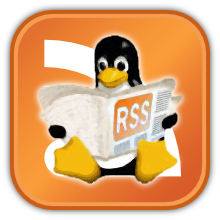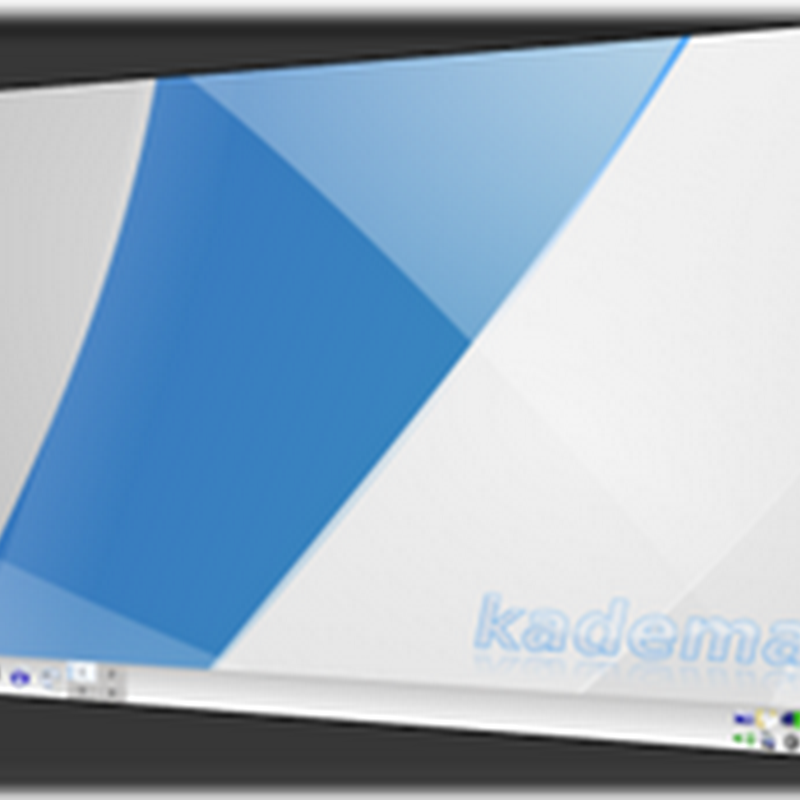 DjVu is a web-centric format and software platform for distributing documents and images. DjVu can advantageously replace PDF, PS, TIFF, JPEG, and GIF for distributing scanned documents, digital documents, or high-resolution pictures.
DjVu is a web-centric format and software platform for distributing documents and images. DjVu can advantageously replace PDF, PS, TIFF, JPEG, and GIF for distributing scanned documents, digital documents, or high-resolution pictures. DjVu content downloads faster, displays and renders faster, looks nicer on a screen, and consume less client resources than competing formats.
DjVu images display instantly and can be smoothly zoomed and panned with no lengthy re-rendering.
DjVuLibre is an open source (GPL'ed) implementation of DjVu, including viewers, browser plugins, decoders, simple encoders, and utilities.
DjView4 is a new portable DjVu viewer and browser plugin.
Highlights:
- Entirely based on the public djvulibre api.
- Entirely written in portable Qt4.
- Works with Qt/X11, Qt/Mac, and Qt/Windows.
- Continuous scrolling of pages
- Side-by-side display of pages
- Ability to specify a url to the djview command
- All plugin and cgi options available from the command line
- All silly annotations implemented
- Display thumbnails as a grid
- Display outlines
- Page names supported (see djvused command set-page-title)
- Metadata dialog (see djvused command set-meta)
- Implemented as reusable Qt widgets
- a standalone viewer for X11 that is built with the Qt GUI toolkit, and a small program that makes the viewer behave like a plug-in for all major Web browsers on Unix (Netscape-4.x, Netscape-6.x, Mozilla, Galeon, Konqueror, and Opera).
- a bunch of command line tools and scripts to create, manipulate and convert DjVu images and documents.
- a C++ library around which all of the above is built. This library can be used to build new viewers, new utilities, new compression algorithms, and even new codecs. It could (should) also be used to enable popular open source packages to support DjVu (Gimp, ImageMagick,....).
- c44: a wavelet-based continuous-tone image encoder (à la JPEG-2000).
- cjb2: single page encoder for bitonal images (black and white scans).
- cpaldjvu: encoder for palettized images (a la GIF, but better).
- bzz: a general-purpose data compressor (a la bzip2).
- djvused: a powerful command interpreter for manipulating DjVu documents.
- ddjvu: converts DjVu documents to PBM/PGM/PPM images.
- djvudump: displays the structure of a DjVu file.
- djvuextract: extracts chunks from a DjVu file.
- djvumake: assemble chunks into a DjVu file
- djvutxt: extract the "hidden text" from a previously OCRed DjVu document.
Unlike the previous viewer DjView3, this new viewer is distributed as a separate package. To compile from the sources, you must first install DjVuLibre (>=3.5.19) and Qt4 (>=4.3).
- version 4.7
- released 2011-03-06.
- Check out the full download page for previous versions
Here are a few screenshots of the DjVuLibre viewer/plug-in showing various documents in Konqueror and Galeon.
| DjVu version of a 16th century book scanned at 300dpi. The magnifier in the upper right corner shows the document at the scanning resolution (one screen pixel per document pixel). The page occupies 33KB. The plug-in's integrated thumbnail feature is shown on the left. | (Large JPEG) (Large PNG) | |
| This shows the image resolution (2129x1899 pixels, 300dpi), and the size of each chunk. The text/foreground layer is 17.7KB. The other chunks contain the foreground colors and the background image. The last chunk contains the OCRed text. | (Large JPEG) (Large PNG) | |
| An example of black and white document. This comes from the excellent Century Dictionary web site, the largest free English dictionary available on-line. Each page is scanned at 400dpi and occupies around 100KB. | (Large JPEG) (Large PNG) | |
| Another page from the Century Dictionary. This shows the auto-hide tool bar at the bottom of the window. | (Large JPEG) (Large PNG) | |
| A manuscript from the digital library website of the University of Georgia. The text and the background paper are separated and compressed separately. | (Large JPEG) (Large PNG) | |
| Same document as above, with the background removed. The forground (text) and the background (paper and pictures) are separated at compression time and can be displayed separately by the DjVuLibre viewer. | (Large JPEG) (Large PNG) | |
| A beautiful Arabic manuscript from the Czech National Library web site. | (Large JPEG) (Large PNG) | |
| The Case Western Reserve University web site has several ancient documents in DjVu, with parallel text transcriptions. | (Large JPEG) (Large PNG) | |
| A page from a radio-controlled airplane catalog. This document was not scanned but converted directly from the original digital files. The pages are at 300dpi and occupy 71KB on average. The red frame around the text in the upper right corner is a highlighted hyperlink embedded in the DjVu document. | (Large JPEG) (Large PNG) | |
| A page from the IEEE Transaction on Information Theory web site hosted by UCSD. The popup window shows the size of each page (7 to 15KB) and the size of the shared shape dictionary (about 15KB worth of character bitmaps shared by all the pages). It shows the DjVu plug-in running in Galeon. Incidentally, the article shown is by Claude Shannon, the founder of Information Theory. | (Large JPEG) (Large PNG) | |
| An example of technical paper from the NIPS Online web site scanned in B&W at 400dpi. The page is 7KB, and the whole 9 page article is 160KB. | (Large JPEG) (Large PNG) |
Links:
- Leon Bottou: invented many of the techniques in DjVu, (wavelet coder, arithmetic coder, bitonal coder). Designed and wrote most of the core code too. Main author and maintainer of DjVuLibre. Leon's publications page has many technical papers on DjVu.
- Yann LeCun: initiated and led the DjVu project at AT&T. Designed this web site and several sites at DjVuZone.org. Wrote the JSS JavaScript Search Engine for client-side search of DjVu collections. Yann's publications page has many papers on DjVu in DjVu.
- Patrick Haffner: designed and wrote the foreground/background segmenter in DjVu.
- Yoshua Bengio: co-invented the ZP-coder.
- Paul Howard: co-authored the ZP-coder, designed the original JB2 bitonal compression from which DjVu's current bitonal compressor is derived.
- Bill Riemers: software architect for DjVu at LizardTech.
- Luc Vincent: director of applied research at LizardTech.
- Jeffery Triggs: created several DjVu-related web sites, including DjVuZone, and the Century Dictionary, as well as several server-side search systems for DjVu collections.
- DjVuZone: news, information, tutorials, demos, samples, technical papers, and links about DjVu.
- LizardTech:
- Any2DjVu: convert anything to DjVu. No frills.
- Bib2Web: upload a list of publications in BibTeX format together with the publication themselves in any format, and get a nice publication page with full-text search ready to post on you web site.
If you liked this article, subscribe to the feed by clicking the image below to keep informed about new contents of the blog:








0 commenti:
Post a Comment